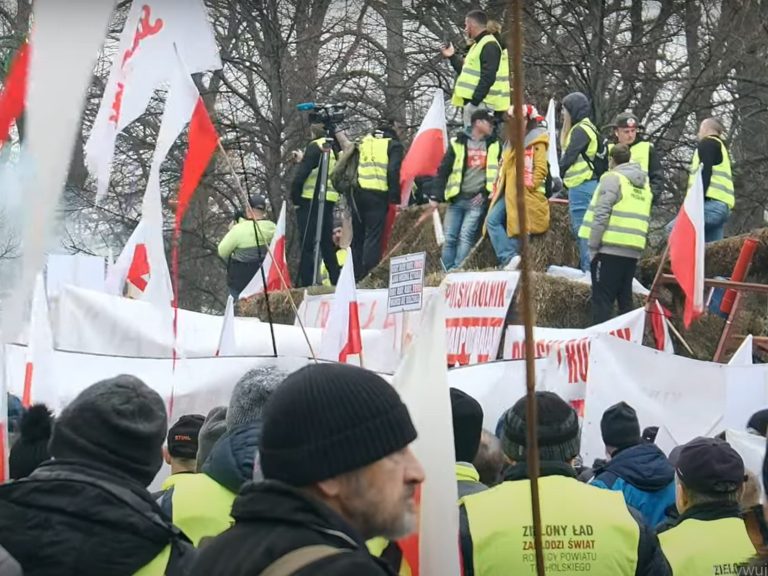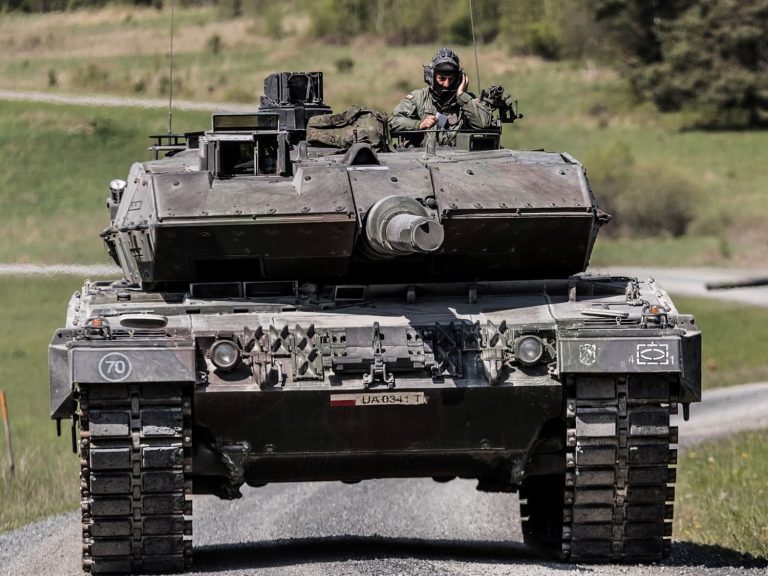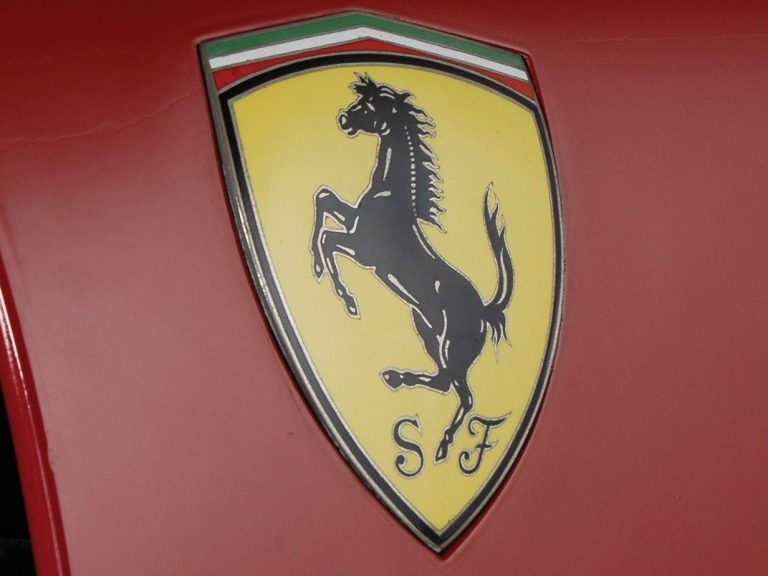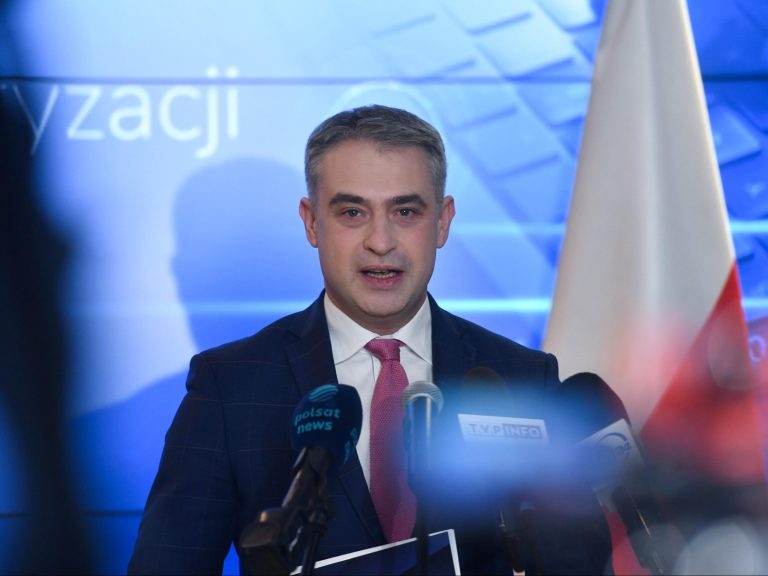Behind a series of failures there is success. The youngest professor in Poland: We are among the world leaders
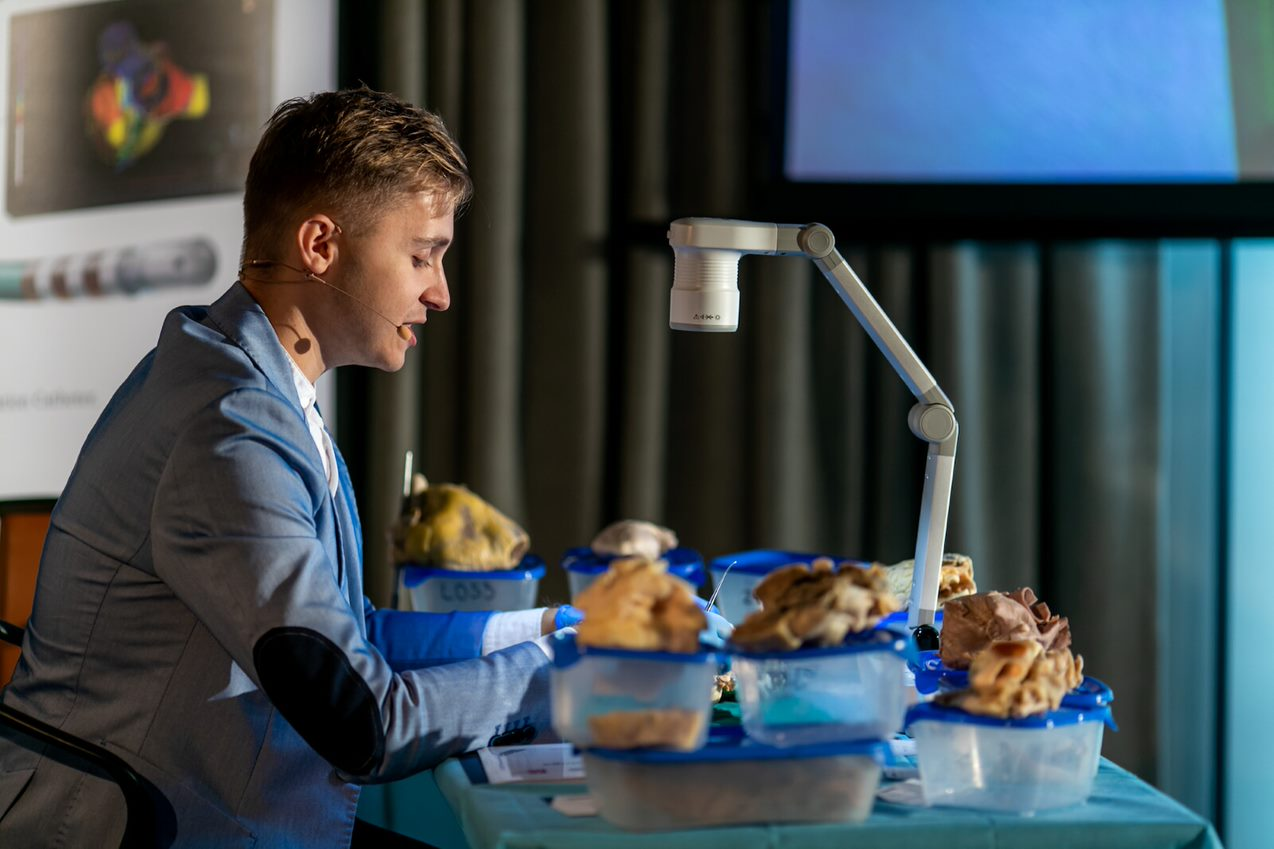
– My team deals with heart building at all levels. We start from the level visible to the human eye, i.e. what the heart looks like macroscopically, what elements make it up, and then we go deeper and deeper into this topic – says Mateusz Hołda for “Wprost”. The youngest professor in Poland also talks about his path to success and the barriers that young scientists must face.
Magdalena Frindt, “Wprost”: You became the youngest professor in Poland, obtaining this title before the age of thirty. However, I am curious about the beginnings. What did you want to become as a child?
Prof. Mateusz Holda: A doctor, architect or lawyer. These were the competitions I was aiming for. Honestly, I don’t know why these three, because I don’t have any doctor in my family, for example. My childhood dreams were partially fulfilled because I am a doctor, as an anatomist I am the architect of the human body, and I am also involved in law because I work in the field of medical law when it comes to the use of human tissues for scientific research.
I assume that during your school years you were particularly interested in exact sciences.
Yes of course. Chemistry, biology and physics were the subjects whose knowledge opened the way to my dream studies, which in my case was medicine. I have always been most fascinated by biological sciences. The structure of the human body itself was something that I wanted to get to know and explore from the very beginning. And this is what I am pursuing now. Only my studies showed me that you can actually be both a doctor and a scientist, and that you can find your way in both roles at the same time. That’s when the science bug was planted in me.
How exactly did this adventure start?
I simply found a science club that was close to my interests. It is in such places that most, if not all, scientists take their first steps. Groups of students working under the supervision of mentors are scientific kindergartens, talent pools where the first works are created, conference papers, and articles where the first grant applications are submitted.
Your sphere of scientific interest is cardioanatomy…
Simply put, we study how the heart is constructed. This is the definition of cardiomorphology, cardioanatomy. My team is involved in heart building at all levels. We start from the level visible to the human eye, i.e. what the heart looks like macroscopically, what elements make it up, and then we go deeper and deeper into this topic – to the level of heart tissue, cells, individual proteins, molecules or even DNA and RNA.
We look at how the heart works in physiological conditions, but also at how various types of diseases affect it. Colloquially speaking: the heart fails in many diseases. Cardiovascular diseases are a derivative of lifestyle and systemic diseases, so unfortunately our hearts are subjected to constant attacks of this type. And understanding what the heart looks like in various diseases and how it changes because of them is extremely important for cardiologists.
You mentioned grants earlier. Money opens up many possibilities.
Let’s not kid ourselves: without money you can’t do science. Learning is a job like any other, so it also takes time. Of course, you can devote yourself to it after hours, but this time is also limited. If a young student, a future scientist, wants to think seriously about taking a scientific path, he or she must obtain funds to finance his or her research and support himself.
This is ensured by grants, of which there are still too few. Financing is too low and is falling due to inflation, which affects every part of our lives. And science in a special way, because the costs of laboratory work are increasing many times more than the official inflation rate could indicate. In an ideal situation, a young scientist should obtain a grant as soon as possible to achieve financial independence, but not only that. If a scientist has his own money, he is also independent of the surrounding environment and its whims, and he can think about the further development of his career without any complexes.
Which institutions can you apply to for this money?
When it comes to young scientists, we have four institutions in Poland at our disposal. This is, of course, the Ministry of Education and Science, which, when I was applying for financing, had its flagship “Diamond Grant” program. This program offered support for the youngest scientists, still students. Today it operates under the name “Pearls of Science”. The assumptions of these programs are very similar – they are simply about supporting the most talented students in undertaking scientific activities.
There is, of course, also the National Science Center, which has several programs and grants addressed to young scientists – it is the largest player when it comes to the offer of research financing for young scientists. It is also worth mentioning the National Center for Research and Development, which runs the “Leader” program for young scientists who already have some achievements. There is also the National Agency for Academic Exchange, whose programs include, among others: to doctoral students or young doctors and allow them to organize various types of internships abroad.
These are actually the four main institutions to which a young scientist can apply to obtain the necessary funds. Of course, there are also grants awarded by scientific societies or foundations. However, in this case it is not the kind of money offered by the previously mentioned institutions.
What is taken into account when allocating these funds? Does research innovation play a major role?
The research idea and achievements are two criteria that are assessed in all these institutions. When awarding some grants, the idea itself is more important, while in others the previous achievements of a specific candidate and his/her supervisor are more important. But this is the key to receiving funds.
What grants are you applying for? What are the amounts?
My team consists mainly of young scientists, but there are also some who have some experience and considerable achievements. For this reason, the range of grants we apply for is quite large. We conclude, among others for grants from the National Science Center – the largest of them is “Opus”, which amounts to several million zlotys. But we are also applying for smaller grants: for PhD students, for scientific exchange from the National Agency for Academic Exchange and grants from the Ministry of Education and Science.
With a dozen or so people making up my team and a constant hunger for funds for advanced medical research, we write several applications to several institutions each year. The amounts vary from several to several dozen thousand to several million zlotys.
You once said, in the context of grants, that “you know the taste of failure more than the taste of victory.” Failure in general is part of a scientist’s life. You have to come to the conclusion that something is impossible, make a mistake many times, to start looking in a different direction and perhaps find the answer to your questions there.
Wherever innovations are created, wherever conceptual work is carried out, failures occur. If it were different, if everyone came up with a great idea the first time and everything worked out right away, the world would look completely different. We would live about several hundred years into the future. Unfortunately, it all doesn’t look like in the movies. Scientific and conceptual work is actually one big series of failures and attempts that are crowned with single successes.
Lack of money is an insurmountable barrier.
When there is no money, many young, ambitious scientists simply become discouraged. At the beginning of this path, both salaries and the prospects for their increase are much lower than in business, in the private sector. That is why many young scientists, when they learn about the realities, simply start looking for a better-paid job. As I said, it is impossible to conduct research without adequate funding. This is the main barrier that young people encounter and will encounter, because there will always be insufficient money to implement all scientific ideas.
What are the other difficulties?
There are, for example, adversities of an administrative nature, which are sometimes piled up. There is also ordinary human hostility in the academic environment, which is quite hermetic and hierarchical. And usually young people encounter all these barriers almost at once. And this simply discourages them from further scientific work.
However, I would not like my words to sound too pessimistic. There are many moments in my work that make it worth pursuing and engaging in this science. The success that will come sooner or later is worth overcoming all these barriers and breaking down walls.
You said that a combination of several lucky circumstances made you achieve your success. What exactly do you mean?
Luck is needed in every activity. Some great people have crossed my path and thanks to them I am where I am today. This is not just my success. This is the success of the entire team and, above all, of the mentors who have always encouraged me to pursue scientific activities. They supported, and sometimes it was enough to simply not interfere with development.
Here I am talking about the head of the Department of Anatomy of the Jagiellonian University Medical College, where I work, i.e. prof. Jerzy Walosze, head of the department where I am employed as a resident doctor, i.e. Dr. Małgorzata Konieczyńska, or the late. dr hab. Wiesława Klimek-Piotrowska, with whom I founded my band. These are three characters who, by coincidence and good fortune, were placed in my path and thanks to whom I managed to achieve success in such a short time. I think that everyone has lucky accidents in their lives that, if used properly, can speed up the path to your goal.
And that’s how it is with goals – after achieving one, others appear on the horizon. How is it in your case?
I currently lead a team, so I am also responsible for other scientists. We are trying to expand this team, we constantly have ideas for new research, we are looking for new topics, we are writing articles. There will definitely be no shortage of tasks. I would like us to be the best in our field as much as we can and as much as our Polish infrastructure and financing allow us. I can say immodestly that we have been successful in this so far and we are among the world’s leading teams dealing with cardiomorphology.
My goal is for Krakow’s Polish cardiomorphology to be recognized in the world, for my students to become independent and with their achievements to prove that science can be practiced in Poland and that it is also possible to achieve success at an international level here.

